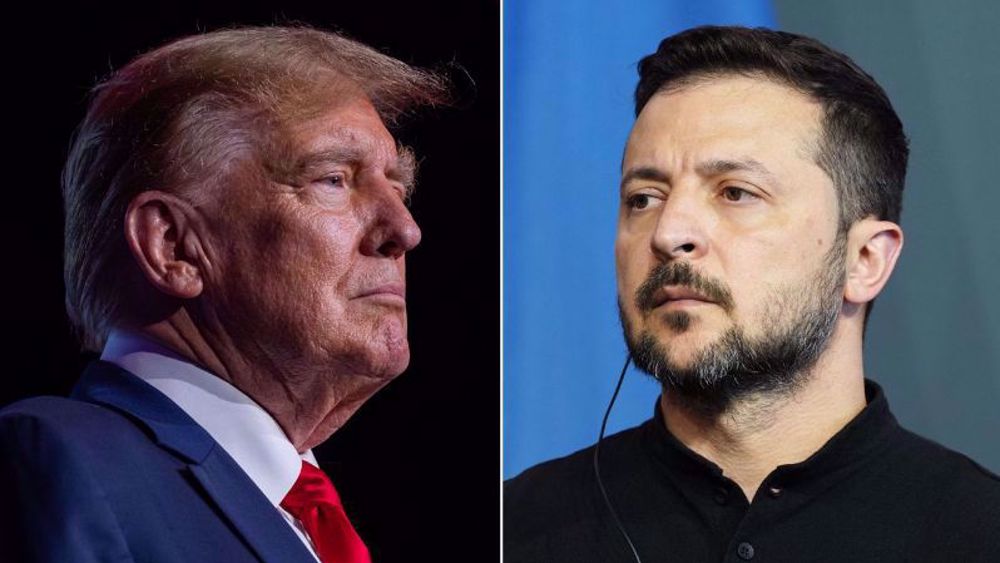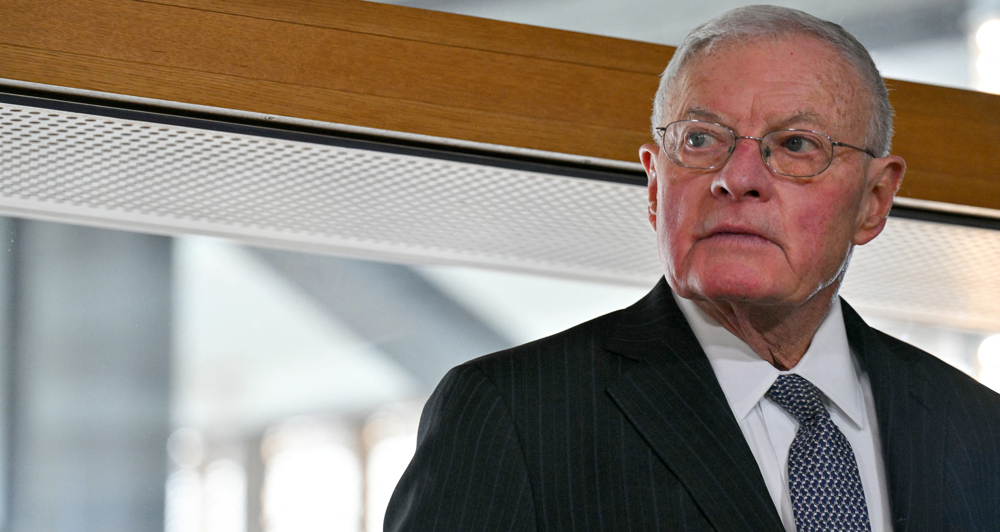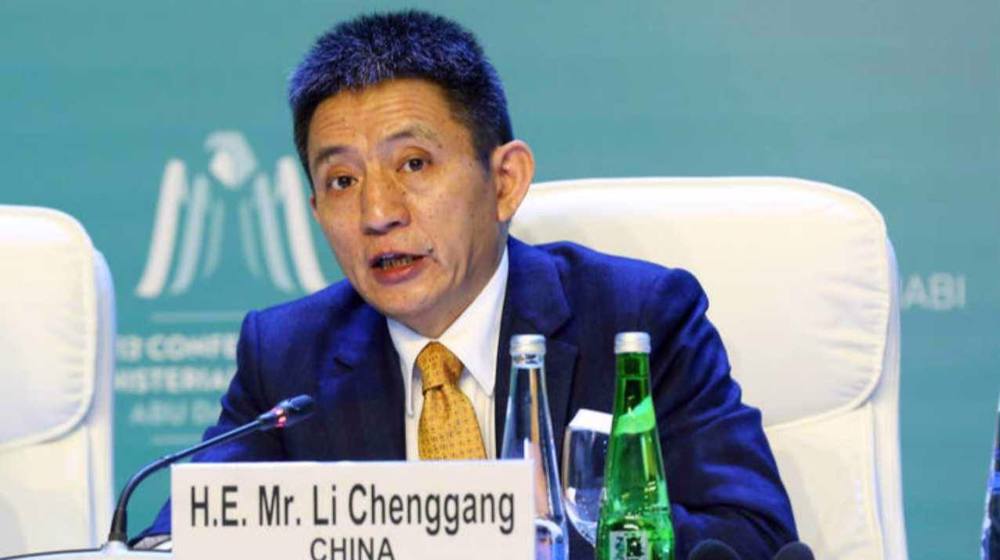US admiral warns China against flying warplanes over S. China Sea
A senior US naval commander has warned that China’s plan to fly fighter jets from its new man-made islands in the South China Sea will be destabilizing and would not deter US operations in the disputed waters.
US Navy Vice Admiral Joseph Aucoin also urged Beijing to be more open over its intentions in the South China Sea, saying it would relieve "some of the angst we are now seeing."
"We are unsure where they are taking us," Aucoin told journalists on Monday in Singapore about China's recent moves. "So we are going to sail, fly, operate throughout these waters....like we have been doing for so long," he said.
Chinese and international security experts expect Beijing to start using its new runways in the disputed Spratlys archipelago for military operations in the next few months.
Washington accuses Beijing of rapidly building up to 800 hectares (2,000 acres) of artificial islands in the Spratlys, an archipelago of more than a hundred islands, reefs and atolls in the South China Sea.
Last month, China tested the 3,000-meter runway built on a reclamation on Fiery Cross Reef by landing several civilian aircraft from Hainan island.
Aucoin said he could not give an estimate when he expected Chinese military jets to start operating in the Spratlys. "It's a destabilizing uncertainty," he said when asked about the impact of possible Chinese warplane patrols.
Since last October, US warships and bombers have operated close to Beijing's artificial islands.
China claims sovereignty over nearly all of the South China Sea, which is also claimed in part by Taiwan, Brunei, Vietnam, Malaysia and the Philippines.
Beijing has accused Washington of meddling in the regional issues and deliberately stirring up tensions in the disputed waters.
The US military announced last week that it will start formal talks with South Korea on placing an anti-missile system on North Korea's doorstep, not far from the Chinese mainland.
The Terminal High Altitude Area Defense System (THAAD) is designed to shoot down ballistic missiles in their terminal phase using a hit-to-kill approach.
On Monday, China said the possible US deployment of THAAD to the Korean Peninsula is a threat to China's strategic interests, and Beijing will not allow its “national security interests to be damaged.”

Trump tells Zelensky to secure peace with Russia or risk losing Ukraine

US special envoy in Kiev amid war of words between Trump, Zelensky

China condemns ‘unilateral and arbitrary’ US tariffs
France hands back sole military base in Ivory Coast
Greek PM: Europe should ‘wake up,’ reduce reliance on US
Occupied al-Qud archbishop: Palestine will never forget Nasrallah
IRGC begins major Eqtedar drill in eastern Iran
Trump tells Zelensky to secure peace with Russia or risk losing Ukraine
Arrest of Electronic Intifada journalist exposes deep Zionist footprints in Switzerland
Iran, Azerbaijan stress opposition to foreign forces in South Caucasus
VIDEO | Press TV's news headlines







 This makes it easy to access the Press TV website
This makes it easy to access the Press TV website